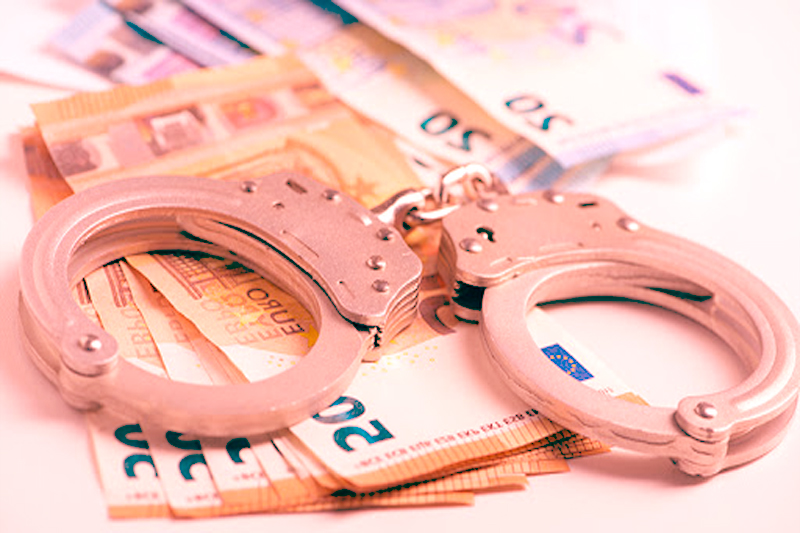There have been numerous infamous fraud cases throughout history that have captured public attention and had significant financial and legal repercussions.
Enron: The Enron scandal in the early 2000s is one of the most notorious corporate fraud cases. Enron, an energy company based in Houston, Texas, engaged in accounting practices that misrepresented its financial condition. Through off-balance sheet transactions and accounting loopholes, Enron concealed its debts and inflated its profits. The company’s collapse resulted in the loss of thousands of jobs and significant financial losses for investors.
Bernie Madoff: Bernie Madoff orchestrated one of the largest and most infamous Ponzi schemes in history. Madoff, a former chairman of the NASDAQ stock exchange, defrauded investors of billions of dollars over several decades. He promised consistently high returns and used new investor funds to pay off older investors. The scheme collapsed in 2008, revealing that the investments were fraudulent and resulting in significant financial losses for individuals, charitable organizations, and financial institutions.
WorldCom: WorldCom, a telecommunications company, engaged in accounting fraud in the early 2000s. The company inflated its assets and earnings through improper accounting practices, including capitalizing expenses and manipulating revenue figures. When the fraud was exposed, WorldCom filed for bankruptcy in 2002, making it one of the largest bankruptcies in U.S. history at that time.
Volkswagen (VW) Emissions Scandal: In 2015, Volkswagen, a major German automaker, was involved in a scandal related to the manipulation of emissions tests for its diesel vehicles. The company installed software in its cars that manipulated emissions readings during testing, making the vehicles appear to meet regulatory standards when they did not. The scandal resulted in significant fines, lawsuits, a tarnished reputation, and a substantial decline in the company’s stock value.
Tyco International: Tyco International, a multinational conglomerate, was embroiled in a massive fraud case in the early 2000s. The company’s CEO, Dennis Kozlowski, and CFO, Mark Swartz, were involved in a range of fraudulent activities, including unauthorized compensation, stock manipulation, and misappropriation of company funds. The scandal resulted in criminal convictions for Kozlowski and Swartz and led to the collapse of Tyco’s stock price and a loss of investor confidence.
Parmalat: Parmalat, an Italian dairy and food company, experienced a high-profile fraud case in 2003. The company engaged in accounting fraud, creating fictitious assets and revenue to inflate its financial position. The fraud involved the use of offshore entities and false documentation. Parmalat filed for bankruptcy, and its founder, Calisto Tanzi, and several other executives were arrested and convicted for their involvement in the fraud.
These cases serve as reminders of the importance of transparency, ethical business practices, and robust regulatory oversight in preventing and detecting fraudulent activities. They also highlight the severe consequences that fraud can have on investors, employees, and the broader economy.






